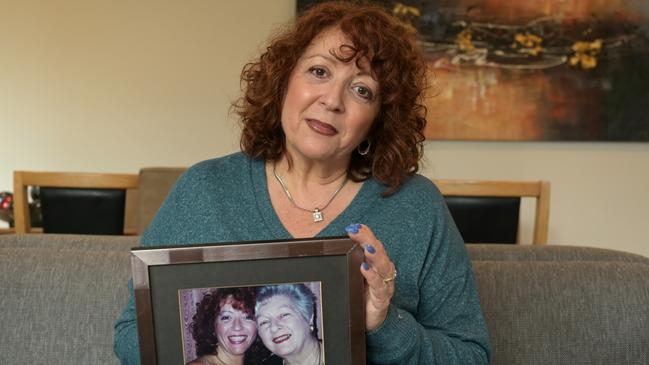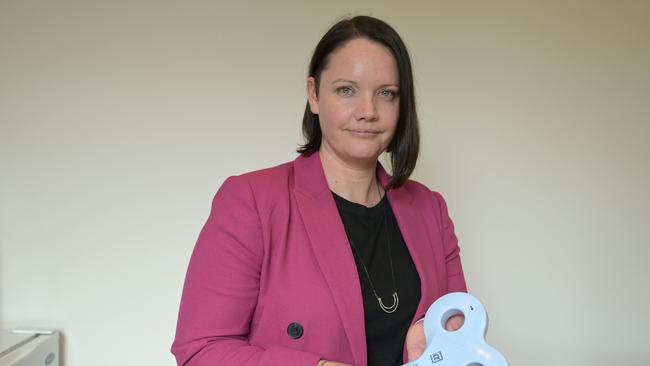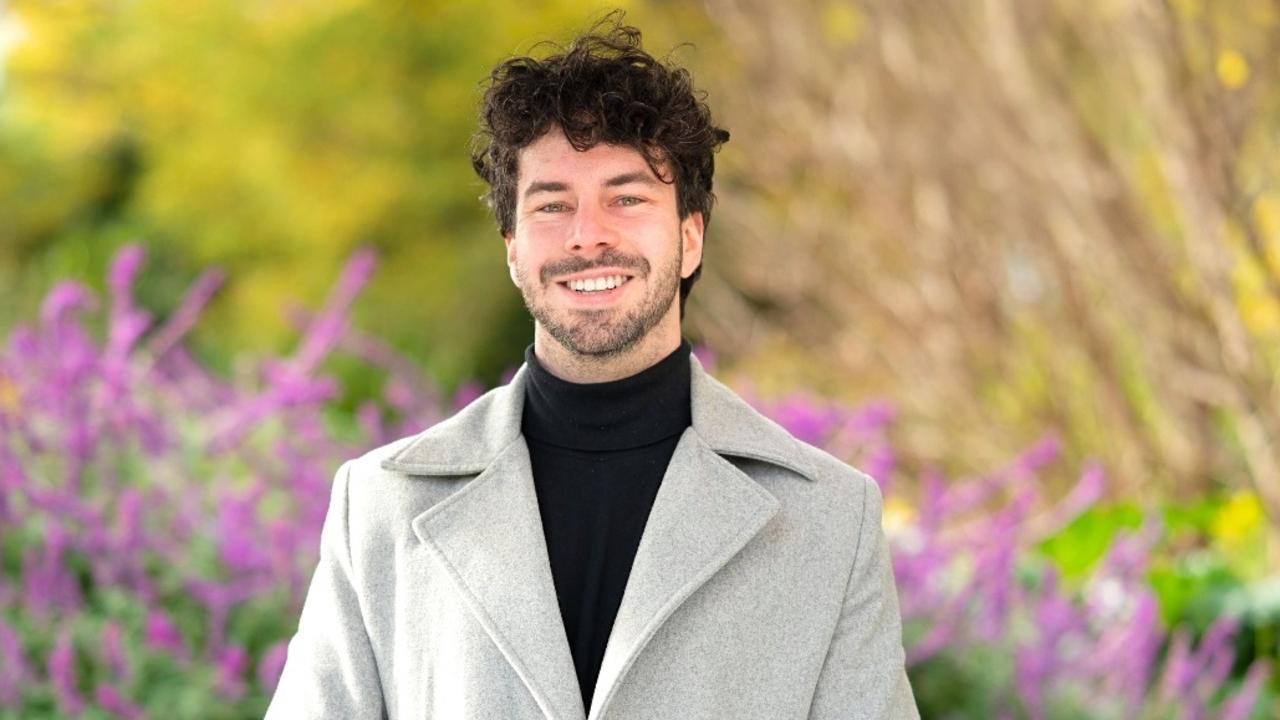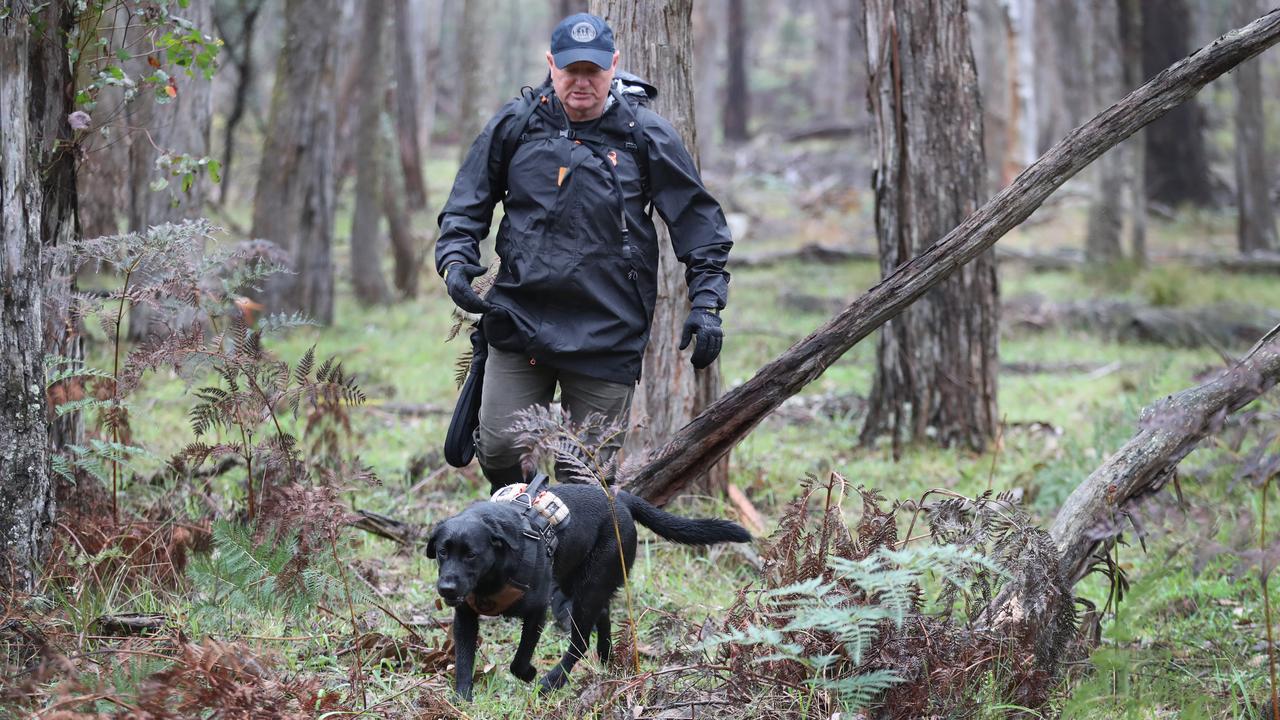Bionics Institute ready to test new treatment for Alzheimer’s
Victorian scientists are investigating if a magnetic stimulation procedure used to treat patients with depression could help fight memory loss.

Victoria
Don't miss out on the headlines from Victoria. Followed categories will be added to My News.
Victorian scientists are investigating if a safe, painless and non-invasive procedure using magnetic stimulation to ‘fire up’ brain cells could be the key to fighting memory loss in Alzheimer’s disease.
In a world-first, the Bionics Institute in East Melbourne is preparing to recruit 100 Victorians to investigate if a new personalised treatment delivered by Transcranial Magnetic Stimulation (TMS) can achieve the same improvement in memory loss that they have seen in patients with depression.
The Bionics Institute is a not-for-profit research organisation with affiliations to the University of Melbourne. Head of its Cognitive Disorders Treatment Program Kate Hoy said TMS used magnetic pulses to induce an electrical current in the brain, causing cells to ‘fire’.
She said when delivered regularly, the magnetic pulses were shown to bring about lasting changes in brain cells and that this can then restore brain connectivity. This can then lead to an improvement in cognitive function.

Her large-scale study is expected to begin in the first half of 2023 and will be the first to personalise treatment using a comprehensive characterisation of brain function to develop a bespoke treatment based on an individual’s brain function.
Prof Hoy said she was excited by the potential of the trial because it could make a significant difference to people with Alzheimer’s and also to their carers. Alzheimer’s is the most common form of dementia. In Australia there are more than 450,000 people with dementia, and that number is predicted to double by 2058.
“I am a clinical neuropsychologist, which means I assess people’s memory and thinking skills, and I have always been frustrated that I couldn’t offer patients something to help improve memory loss,” Prof Hoy said.
She said over the last decade when using TMS to treat patients with depression many reported “again and again” that they were thinking more clearly early on in a treatment course.
“They also went on to have a better response in treatment,” Prof Hoy said. “We saw first-hand that TMS can improve cognition and that was what started me on the path to investigating if I could also achieve this in people with Alzheimer’s.”
Prof Hoy is now recruiting Victorians who are newly-diagnosed or those with moderate symptoms to join the study that will initially be in Victoria only, but she is keen to broaden the study nationally.
To do this, she said, the Bionics Institute will need to raise around $5 million in grant applications and through philanthropic donations.
Because of the size and nature of the TMS device, the stimulation needs to be delivered in a clinical setting over five days – Monday to Friday – for six weeks.
“TMS has been studied for 30 years and it is safe and well tolerated,” Prof Hoy said. “The device itself is a large machine that we attach a figure eight handheld coil to deliver the electrical pulse which is done by a trained clinician.”
Bionics Institute CEO Robert Klupacs said that with the right funding from donors and the government, the trial can get moving.
“We can then make this Alzheimer’s treatment available in clinics in the future, if shown to be effective,” he said.
To register for the study click here.





